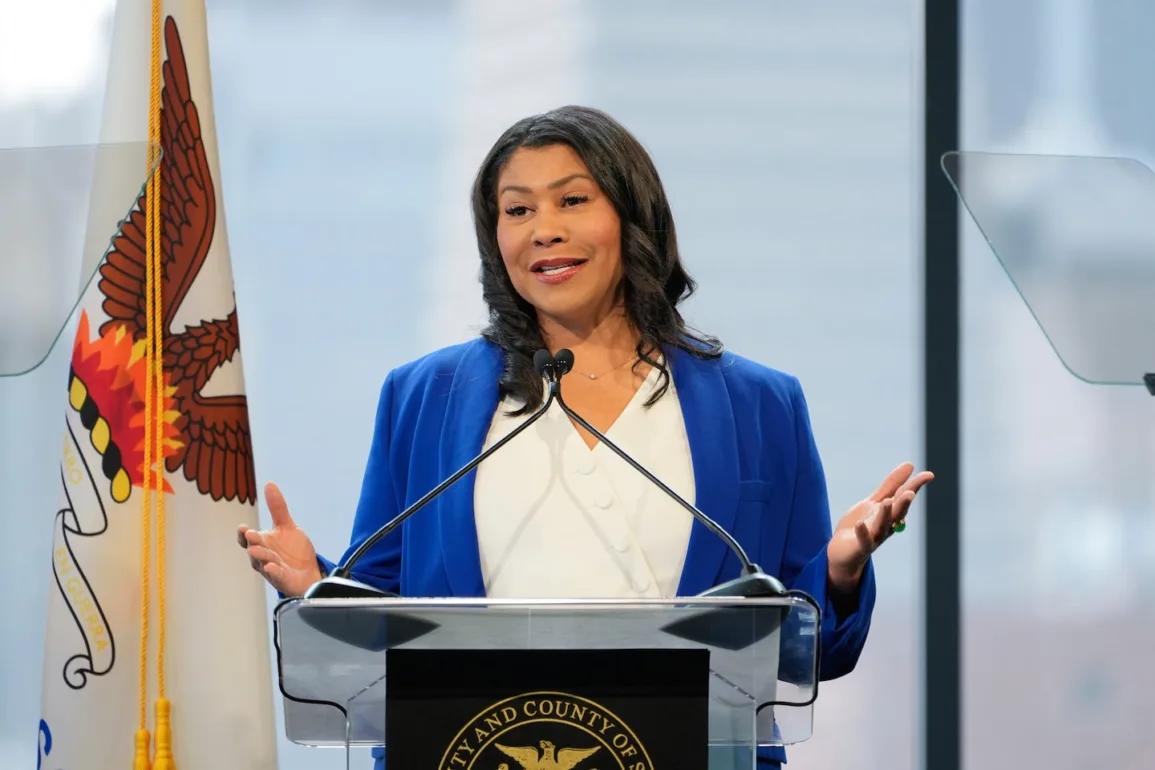About U.S. is a forum to explore issues of race and identity in the United States. Sign up for the newsletter.
Last year, a San Francisco panel came up with a proposal to offer reparations to its Black residents: Some would be eligible for $5 million each.
So far, all they’ve received is an apology.
“The San Francisco Board of Supervisors offers its deepest apologies to all African Americans and their descendants who came to San Francisco and were victims of systemic and structural discrimination, institutionalize racism, targeted acts of violence, and atrocities” the 8-page resolution reads.
The 11-member San Francisco Board of Supervisors unanimously approved the apology in late February as the first step to addressing more than 100 recommendations outlined by the city’s African American Reparations Advisory Committee. The committee’s recommendations also included establishing an “Afrocentric” K-12 school and introducing mandatory Black history lessons for all grade levels.
Reparations advocates say that while an apology is a great first step in any reparations plan, it is merely the first step.
“Saying sorry or apologizing is not enough,” said Roy Brooks, a University of San Diego law professor and author of “When Sorry Isn’t Enough: The Controversy Over Apologies and Reparations for Human Injustice.” “You need a redemptive act to make the rhetoric of remorse believable.”
Dean Preston, a member of the board of supervisors, acknowledged that an apology may not be enough. “This must be seen in context as a necessary part of accountability and reparations and not an end in and of itself,” Preston, who is White, said at the Feb. 27 board meeting. He didn’t return a call for comment.
But the reparations plan has run into harsh economic realities.
In December, the city’s mayor London Breed, who is Black, announced $75 million in midyear budget cuts that slashed the $4 million set aside for the city’s proposed Office of Reparations, one of the key recommendations of the advisory committee. “The Mayor does not believe that addressing the needs of the African American community requires adding more bureaucracy,” according to a statement from the mayor’s office.
The advisory committee’s proposals are now under consideration by the San Francisco Human Rights Commission, which has prioritized 15 proposals including creating satellite offices of Historically Black Colleges and Universities in the city, said Sheryl Evans Davis, executive director of the commission.
“My hope and goal is we can continue to move through the list and then we can also circle back with our community partners and see which pieces they plan to move forward,” Davis said.
A proposal to offer up to $5 million in reparations to some Black residents is still under consideration, Davis said. But it could be challenged under California’s 1996 proposition 209, which eliminated affirmative action in the public sphere.
“There are some things that we would not be able to advance,” due to proposition 209, Davis said.
And it comes at a time when conservatives have targeted race-based programs following last year’s Supreme Court ruling that race-conscious college admissions programs at colleges and universities are unconstitutional. Conservatives have also questioned whether it was fair for today’s taxpayers to be saddled with providing recompense for the actions that took place long ago.
San Francisco is not the only city that recently offered its residents an apology. In 2022, Boston became the first city to pass a resolution to apologize for its role in slavery. The move was mostly symbolic and seen as an “opening salvo” to conversations about reparations, Tania Fernandes Anderson, one of two council members to propose the apology, said at the time. Fernandes Anderson didn’t return an email for comment.
And America has a long track record of offering apologies.
In 1990, the United States apologized for the imprisonment of 100,000 Japanese Americans during World War II, which also included an $20,000 payment to each victim. Then-president Bill Clinton apologized for the Tuskegee experiment in 1997. In 2008, the House apologized for slavery and Jim Crow era laws. In 2009, the Senate also apologized for slavery.
Some reparations advocates have suggested that a national apology for slavery should come before reparations.
But in some cases, an apology is not enough, said Stephen F. Hanlon, who represented the descendants of the Rosewood massacre, an incident where a Black community of about 100 people was destroyed by a White mob after a White woman accused a Black man there of attacking her.
In 1994, Florida Gov. Lawton Chiles signed a bill to compensate survivors of the 1923 massacre. Survivors were given $150,000 each and college scholarships were offered to their descendants.
It did not come with an apology.
“We did not seek an apology from the state because we believed that if we did, that might be all we would get,” Hanlon wrote in an email. “It was very important to our clients that the state pay money for what it had done to the Rosewood family in 1923.”



